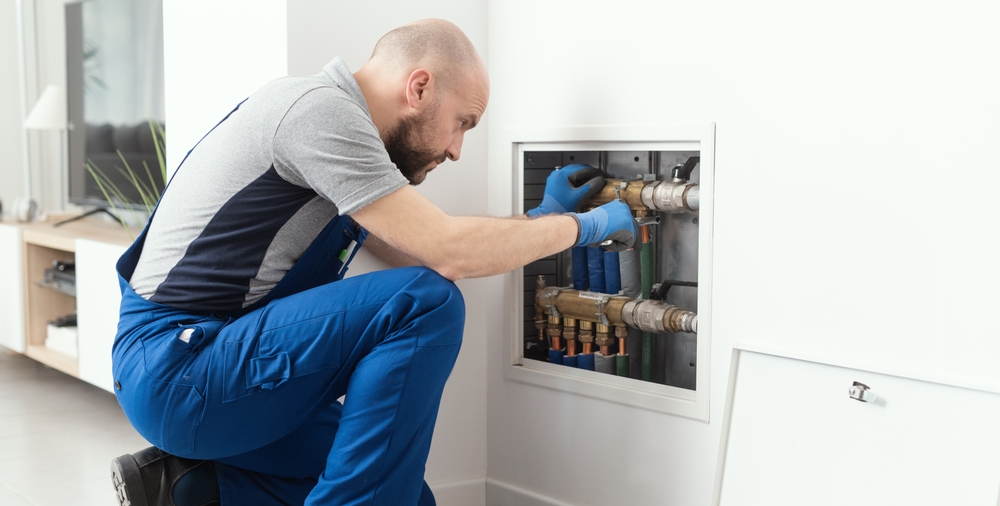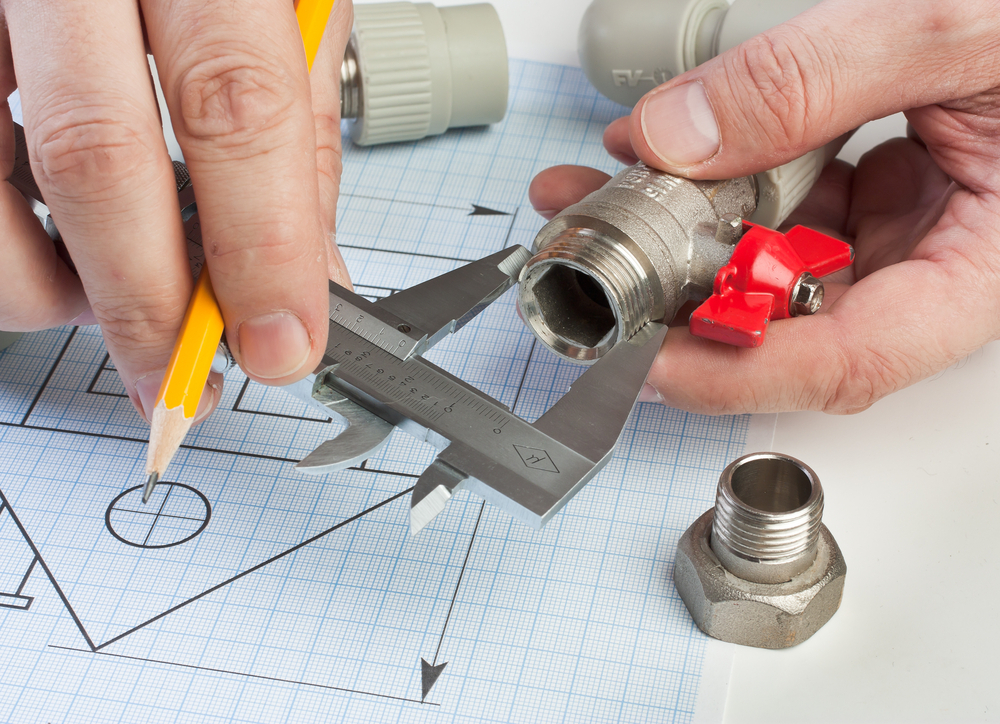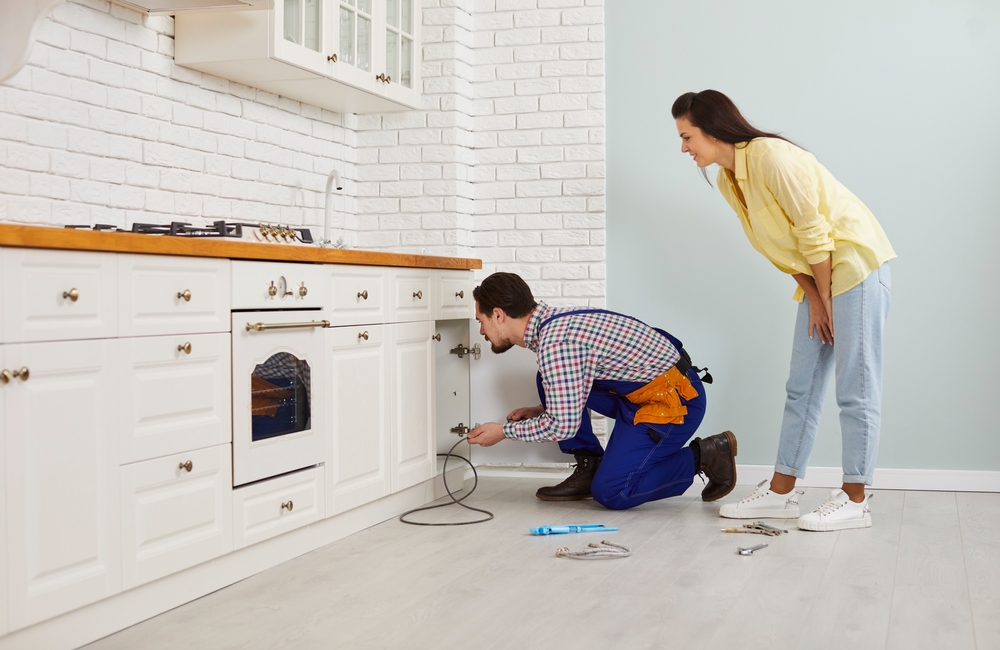Whether it’s a house, company, or public facility, plumbing is a basic need of every construction. Still, building and maintaining plumbing systems is more difficult than just joining pipes and turning on water flow. Local plumbing standards and rules abound in every area, which one must abide with to guarantee the lifetime, safety, and functionality of these systems. Ignoring these rules could have major repercussions including fines, legal penalties, and even dangerous plumbing breakdowns.
This thorough guide will help in understanding local plumbing codes and regulations, why they matter, and how you might keep compliant to prevent unwarranted risk.
1. Introduction to Local Plumbing Codes and Regulations
Local plumbing codes are a body of standards and rules defining how plumbing systems ought to be built, implemented, and maintained. These rules differ depending on environmental circumstances, population density, and local infrastructure; they are in place to safeguard public health and safety.
Not only is following these guidelines required legally, but it also helps to guarantee that your plumbing system runs securely and properly. Following local plumbing rules is crucial whether your project is new house building, renovation of an existing area, or regular maintenance.
Value of Adopting Plumbing Standards
Plumbing systems include waste, gas, and water, all of which if improperly handled can cause major health and safety hazards. Correct installation guaranteed by codes helps to reduce risks including leaks, pollution, and explosions.
- Ignoring plumbing codes could lead to fines, penalties, or perhaps legal action. If the plumbing is not up to order, you could potentially run across problems selling your house.
- Efficiency: Correctly installed systems in line with standards are more likely to operate effectively, therefore conserving water and energy and lowering the risk of expensive repairs.

2. What Are Plumbing Codes and Regulations?
Plumbing codes are set of guidelines controlling the design, installation, and maintenance of plumbing systems. These guidelines outline how plumbing parts like pipes, drains, faucets, and fixtures should be installed to guarantee they run as expected.
- Plumbing codes seek to safeguard inhabitants’ health by guaranteeing a clean water supply, appropriate disposal of waste, and avoidance of contamination.
- Many codes cover environmental protection including water conservation, pollution control, and energy economy. Following these guidelines helps you contribute to environmental health and sustainable water consumption. .
- Plumbing codes guarantee that installations of pipes do not jeopardize the structural integrity of the building or result in long-term damage by leaks or water infiltration.
3. Understanding Different Types of Plumbing Codes and Regulations
There are various kinds of plumbing codes, each with an eye toward a particular facet of building safety and utility. All of these codes—building, health, and fire, among others—cross with plumbing systems.
- Building Code: Covering the whole construction of a building, building regulations provide direction on how plumbing systems should be included into the design. These guidelines might address problems including pipe size, material needs, and wall, floor, and ceiling installation techniques for plumbing systems.
- Health Regulations: Health codes mostly concentrate on waste management and water supply safety and cleanliness. These guidelines guarantee that wastewater is disposed of correctly to prevent contamination and health hazards as well as that potable water is suitable for drinking.
- Fire Policies: Fire codes mostly address preventing and regulating fire hazards. In plumbing, this can entail specifications for water supply systems linked to fire sprinklers or making sure some pipelines can resist high temperatures should a fire strike.

4. Importance of Staying Updated on Plumbing Codes and Regulations
Plumbing codes evolve with time to fit new materials, technology, and environmental issues, not fixed. Maintaining compliance and preventing any problems depend on keeping current on these developments.
- New plumbing technologies and materials allow codes to be changed to represent the best standards for their safe installation and use.
- Environmental Issues: As sustainability gets more and more important, plumbing rules sometimes adapt to encourage water saving and lower environmental effect.
- Changes in public health issues, such the finding of pollutants in water systems, might result in modifications in plumbing rules to guard residents.
Maintaining compliance and functionality of your plumbing system depends on keeping current with the most recent code changes, so preventing needless repairs or legal problems.
5. Consequences of Non-Compliance with Plumbing Codes and Regulations
Ignoring local plumbing regulations might have major results. Apart from endangering the building’s residents, it might cause expensive legal and financial consequences as well.
- Penalties and Fees: Local authorities can levy fines and penalties for plumbing code non-compliance. Particularly for recurrent or severe infractions, these fines can be rather large. Local governments occasionally may demand that you stop building or even demolish finished projects that fall short of code standards.
- Legal Defense: More serious situations may call for non-compliance to lead to lawsuits or legal action, especially if your plumbing system destroys nearby homes or harms people. Legal disputes over non-compliance can be costly, time-consuming, and erode company reputation.
- Property Damage and Maintenance: Older or improperly installed plumbing systems can cause expensive harm. Water damage, mold growth, and structural problems can all follow from leaks, burst pipes, and incorrect drainage. Repairing this harm will cost significantly more than guaranteeing compliance in first place.
6. Examples of Common Plumbing Codes and Regulations
Let’s examine some of the typical plumbing codes you might come across closely to help you have a better knowledge.
Pipe Material and Installation Needs
Plumbing codes list the kinds of materials to be used for various kinds of pipes. Potable water pipes might, for example, have to be constructed from copper, PEX, or another authorized component. These materials have to be put in particular configurations to guarantee long-term durability and stop leakage.
Requirements for ventilation and drainage
Maintaining a working plumbing system depends critically on proper drainage and ventilation. Many times, codes call for particular ventilation systems to be installed to stop pressure build-up in the pipes, therefore preventing pipe breakage or water flow problems.
Fixture and Pipe Sizing Guidelines
From sinks to toilets, every fixture needs to be linked to pipes the right size to guarantee correct water flow. Plumbing rules guarantee that your system runs without pressure issues by specifying the minimum and maximum pipe sizes allowed for various fittings.
Prevention of Backflow: Strategies
Contaminated water running backwards into the clean water supply causes backflow, a major health hazard. Backflow prevention devices must be installed according to plumbing rules to safeguard systems for potable water.

7. Benefits of Following Plumbing Codes and Regulations
Following plumbing rules and guidelines has many advantages even if it could appear tiresome.
Guaranteeing Occupational Safety and Health
Following plumbing regulations guarantees that your system runs safely, so delivering clean water and efficient waste disposal. This lowers the danger of dangerous failures, contamination, and waterborne infections.
Stopping Expensive Repair and Damage
Installers of plumbing systems following codes are less likely to cause problems including leaks, blockages, or pressure imbalances. This lessens the possibility of later costly repairs and property damage.
Following Insurance Rules
Many insurance policies ask that your plumbing system follows local standards. Ignoring these criteria could lead to disallowed claims should water damage or another plumbing-related problem arise.
Preserving Property Worth
Over time, homes and structures with well-maintaining plumbing systems compliant with local codes typically retain their value more than others. Compliance with plumbing standards can be quite important if you intend to sell your house.
8. How to Stay Informed and Compliant with Plumbing Codes and Regulations
Maintaining compliance with local plumbing codes is not difficult, provided you follow the correct procedures.
- See Local Authorities and Agencies: Modern plumbing codes and regulations can be obtained from your local building department or plumbing authority. These organizations can also assist in addressing any queries concerning particular code guidelines.
- Employ a licensed, informed plumber: Hiring a professional plumber is one of the easiest approaches to guarantee compliance. Trained in local plumbing codes, licensed plumbers will make sure your plumbing system is set and maintained legally compliantly.
Plumbers can also assist with required licenses and inspections to verify your project satisfies all codes.
9. Conclusion
Ensuring the safety, functionality, and lifetime of your plumbing system depends mostly on plumbing laws and regulations. Understanding these standards and obeying them can help you to preserve the health and safety of your house or company and help you to avoid fines, penalties, and costly repairs.
Following codes for upgrading or repairs to your plumbing system guarantees not only compliance but also effective operation, so saving water and avoiding expensive damage. Always give your plumbing system first priority; keep educated, see experts as necessary.
Ultimately, a well kept and up-to-code plumbing system protects your property and the welfare of those who live or work there, not only about compliance.
Plumbing Services CA
https://maps.app.goo.gl/31Yt4rhDrainzNJ4A
(279) 203-0765
https://plumbingservicesca.com/
